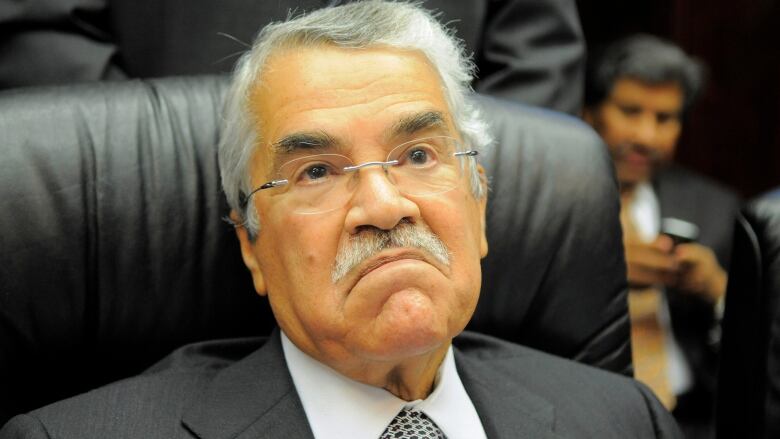Oil producers gather to weigh output freeze as global industry watches

The members of OPEC and some non-OPEC oil producers will sit down in Doha, Qatar, on Sunday with the goal of hammering out a production freeze meant to ease oversupply that has led to a massive, devastating drop in prices.
Joining the members of OPEC, minus Libya, will be four countries who are not part of the cartel Russia, Mexico, Oman and Azerbaijan. Several other large oil producers, including Canada, the United States, Norway and Brazil, won't be there.
Whether the parties can work out a deal is far from clear. A Bloomberg survey of 40 analysts and oil traders found an even split on whether they think a deal will be struck.
The driver behind the meeting has been the dramatic fall in crude prices to 12-year lows.Producers everywhere have been feeling the pain. Billions in spending plans have been chopped. Tens of thousands of jobs have been cut.
- Saudi oil minister's message for high-cost crude producers: 'get out' of market
- Oil optimism yes, but it's too early to bet the farm on a full-fledged recovery: DonPittis
Oil prices have been hammered with the price for West Texas Intermediate crude falling from around $100 US a barrel in mid-2014 to a low around $27 US a barrel in January of this year.
There's been a small recovery in recent weeks, pushing the price for WTI on Tuesday back above $42 US a barrel for the first time since November, partly due to speculation that the Doha meeting will produce an agreement, the International Energy Agency said.
Iran ramps up
The prospect of a unanimous agreement on production could be hampered because Iran has said it won't co-operate witha freeze as it tries to ramp its oil production back up after the lifting of sanctions imposed over its nuclear program. Reports say Iranian Oil Minister Bijan Zanganeh doesn't plan to go to the meeting although the country will send a representative.
Meanwhile, Saudi Arabia has indicated it won't say yes to a freeze unless there is agreement by all countries.
Roger McKnight, senior petroleum analyst at En-Pro International Inc., said he doesn't think agreement will be reached.
"[Iran] will not appreciate being told by the Saudis to hold production at current levels when all other members are running at capacity except for the Saudis, who are the only other producer other than Iran with any spare capacity."
Even if an output deal is reached, the International Energy Agency doesn't think it will make much of a difference.
"We cannot know the outcome but if there is to be a production freeze, rather than a cut, the impact on physical oil supplies will be limited," the IEA said its monthly oil market report for April.
Little impact seen
"With Saudi Arabia and Russia already producing at or near record rates and very little upside seen apart from Iran, any deal struck will not materially impact the global supply-demand balance during the first half of 2016," the IEA said.
A failure to reach an agreement should result in short order in a drop for crude to $38 US, and a retreat in the price of gasoline, McKnight said.
Even market watchers who think a deal will be reached point out that a freeze would be at high production levels in an oversupplied market.
Freeze or not, growth in oil demand is expected to slow this year.
Trimmed demand
Earlier this week, OPEC cut its demand forecast for the year. The cartel said global consumption will grow by 1.2 million barrels per day this year, about 50,000 barrels per day less than it previously forecast.
The IEA said it expects growth in global oil demand will ease to around 1.2 million barrels per day in 2016, below the 1.8 millionbarrels per day expansion of last year, with demand growth expected to cool in China, the United States and much of Europe.
There is a precedent for a joint freeze. It was last attempted in late 2001, when OPEC reached agreement with Russia, Mexico, Oman, Angola and Norway to a production cut of half a million barrels a day, according to Bloomberg. However, that effort unravelled within months, with Russia boosting its output.












_(720p).jpg)


 OFFICIAL HD MUSIC VIDEO.jpg)
.jpg)



























































































